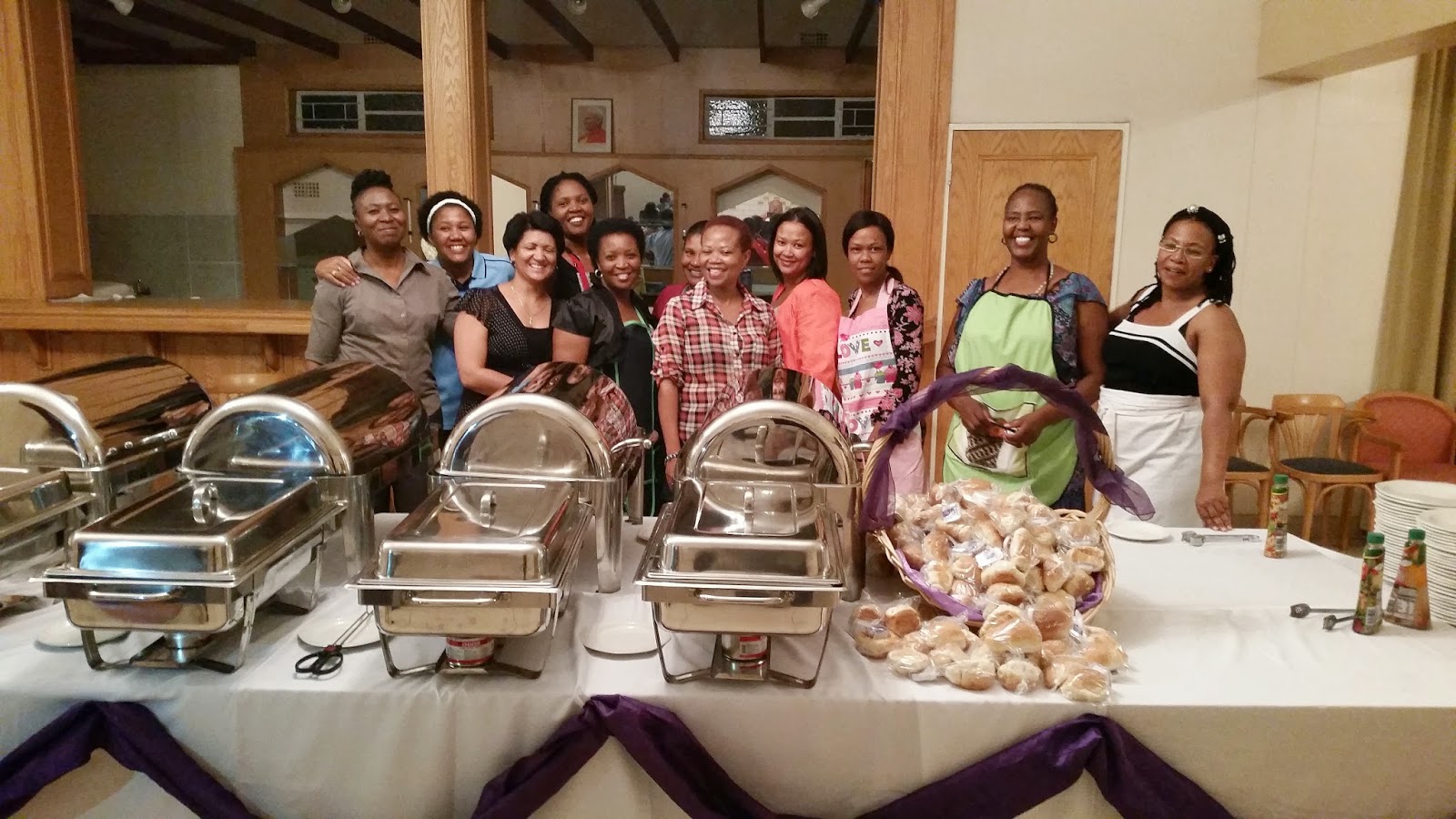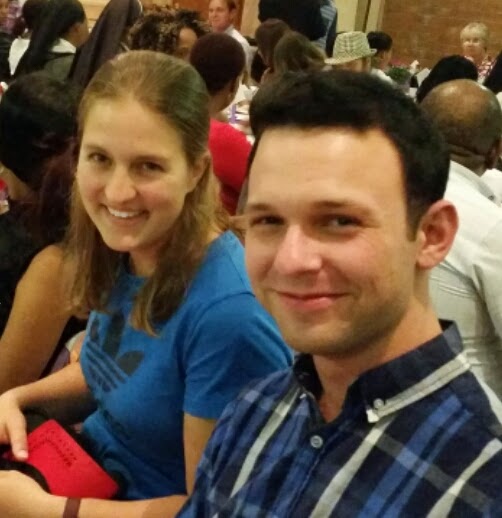In our course of catecheses on
the family, today is a rather special stage – it will be a pause for prayer.
On
March 25, in fact, we celebrate solemnly in the Church the Annunciation, the
beginning of the Mystery of the Incarnation. The Archangel Gabriel visits the
humble Maiden of Nazareth and announces that she will conceive and give birth
to the Son of God. With this Announcement, the Lord enlightens and reinforces
Mary’s faith, as He will later do also for her husband Joseph, so that Jesus
can be born in a human family.
This is
very beautiful: it shows us how profoundly the Mystery of the Incarnation, as
God willed it, includes not only the conception in the mother’s womb but also
the reception in a true family. Today I would like to contemplate with you the
beauty of this bond, the beauty of this condescension of God; and we can do so
reciting together the Hail Mary, which in the first part takes up, precisely,
the words of the Angel, those which he addresses to the Virgin. Let us pray
together:
Hail
Mary…
 And now
a second aspect: Celebrated in many countries on March 25, Solemnity of the
Annunciation, is the Day for Life. Therefore, 20 years ago, on this date, Saint
John Paul II signed the Encyclical Evangelium
vitae. To recall this anniversary, present today in the Square
are many followers of the Pro-Life Movement. In Evangelium vitae the
family occupies a central place, in as much as it is the womb of human life.
The word of my venerable Predecessor reminds us that the human couple is
blessed by God from the beginning to form a community of love and of life, to
which is entrusted the mission of procreation. Celebrating the Sacrament
of Marriage, Christian spouses render themselves available to honor this
blessing, with Christ’s grace, for their whole life. On her part, the Church
commits herself solemnly to take care of the family that is born, as gift of God
for its life itself, in good and bad times: the bond between the Church and the
family is sacred and inviolable. The Church, as Mother, never abandons the
family, even when it is humiliated, wounded and mortified in so many ways. Not
even when it falls into sin, or distances itself from the Church; she will
always do everything to try to take care of it and heal it, to invite it to
conversion and to reconcile it with the Lord.
And now
a second aspect: Celebrated in many countries on March 25, Solemnity of the
Annunciation, is the Day for Life. Therefore, 20 years ago, on this date, Saint
John Paul II signed the Encyclical Evangelium
vitae. To recall this anniversary, present today in the Square
are many followers of the Pro-Life Movement. In Evangelium vitae the
family occupies a central place, in as much as it is the womb of human life.
The word of my venerable Predecessor reminds us that the human couple is
blessed by God from the beginning to form a community of love and of life, to
which is entrusted the mission of procreation. Celebrating the Sacrament
of Marriage, Christian spouses render themselves available to honor this
blessing, with Christ’s grace, for their whole life. On her part, the Church
commits herself solemnly to take care of the family that is born, as gift of God
for its life itself, in good and bad times: the bond between the Church and the
family is sacred and inviolable. The Church, as Mother, never abandons the
family, even when it is humiliated, wounded and mortified in so many ways. Not
even when it falls into sin, or distances itself from the Church; she will
always do everything to try to take care of it and heal it, to invite it to
conversion and to reconcile it with the Lord.
Well,
if this is the task, it is clear how much prayer the Church needs to be able,
at all times, to fulfil this mission! -- a prayer full of love for the family
and for life, a prayer that is able to rejoice with those who rejoice and
suffer with those who suffer.
See
then what we thought, together with my collaborators, to propose today: to
renew theprayer for the
Synod of Bishops on the Family. We re-launch this commitment
until next October, when the Ordinary Synodal Assembly will take place,
dedicated to the family. I would like this prayer, as the whole Synodal course,
to be animated by the compassion of the Good Shepherd for his flock, especially
for the persons and families that, for different reasons, are “tired and
finished,” as sheep without a shepherd” (Matthew 9:36).
Thus,
sustained and animated by God’s grace, the Church will be able to be committed
again, and still more united, in the testimony of the truth of the love of God
and of his mercy for the families of the world, none excluded, be it inside o
outside the sheepfold.
I ask
you, please, that your prayer not be lacking. All -- Pope, Cardinals, Bishops,
priests, men and women religious, lay faithful – we are all called to pray for
the Synod. There is need of this, not of gossip! I also invite you to pray
those who feel far away, or who are no longer accustomed to doing so. This
prayer for the Synod on the Family is for the good of all. I know that this
morning you were given a little prayer card and that you have it in your hands.
(Perhaps it’s a bit wet). I invite you to keep it and to carry it with you, so
that in the coming months you can recite it often, with holy insistence, as
Jesus has asked us. Now we recite it together:
Jesus,
Mary and Joseph,
In you we contemplate
The splendor of true love,
We turn to you with
confidence.
Holy
Family of Nazareth,
Make our families, also,
Places of communion and
cenacles of prayer,
Authentic schools of the
Gospel,
And little domestic
Churches.
Holy
Family of Nazareth
May our families never more
experience
Violence, isolation, and
division:
May anyone who was wounded
or scandalized
Rapidly experience
consolation and healing.
Holy
Family of Nazareth,
May the upcoming Synod of
Bishops
Re-awaken in all an
awareness
Of the sacred character and
inviolability of the family,
Its beauty in the project of
God.
Jesus,
Mary and Joseph,
Hear and answer our prayer.
Amen.






.jpg)
.jpg)
.jpg)
.jpg)
.jpg)
.jpg)
.jpg)
.jpg)
.jpg)





